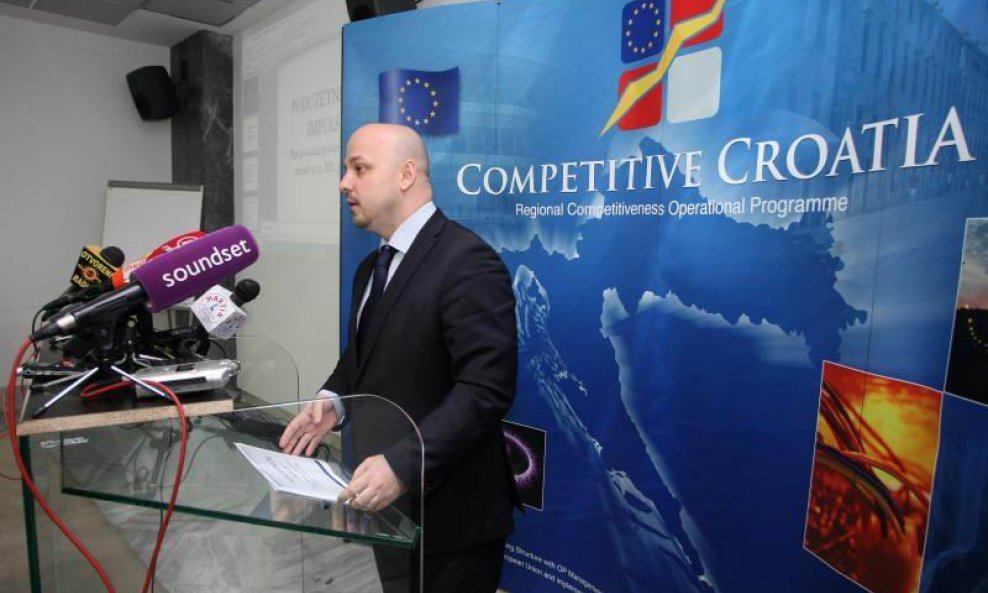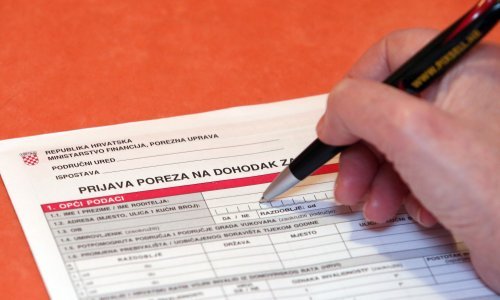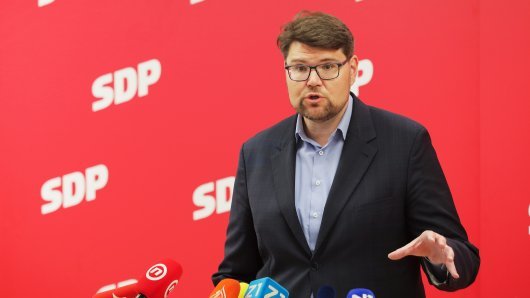The Croatian government will introduce various relief measures in an effort to secure the presence of Croatian food products on the regional market which will continue to be very important for us even after July 1 when Croatia is scheduled to join the European Union (EU), Enterprise Minister Gordan Maras said opening the second regional conference on a business-friendly environment in southeast Europe.
"By joining the EU Croatia will be leaving the Central European Free Trade Agreement (CEFTA) but that doesn't mean we won't continue our cooperation. The regional market as the destination for 19% of Croatia's exports will continue to be important. We will look for ways within the legislative framework to keep our companies, particularly food companies, on that market even after July 1, said Maras at the conference being attended by politicians and business people from Croatia, Bosnia and Herzegovina, Macedonia and Serbia as well as investors and members of the diplomatic corps.
He added that he hoped Croatian companies would retain their competitive advantage on this market considering the recognition of its brands and similarity in languages.
The first Business-Friendly Environment in Southeast Europe (BFC SEE) certificates were awarded to local government units in Bjelovar and Ivanec (Croatia), Sanski Most and Prijedor (Bosnia and Herzegovina), Ruma and Pirot (Serbia) and Veles and Strumica (Macedonia).
This pilot project which included 18 local government units is aimed at raising competitiveness and recognition of the region while standardising procedures, information and services offered by municipalities and towns to potential investors.
Commenting on the project, German Ambassador to Croatia Hans Peter Annen pointed out the importance of an efficient and transparent administration to attract investments.
He said that foreign investors do not want to wait too long or to have to tackle local administration and red tape and that it was up to local leaders to create a business friendly environment offering equal opportunities to foreign investors as they would for locals.


































